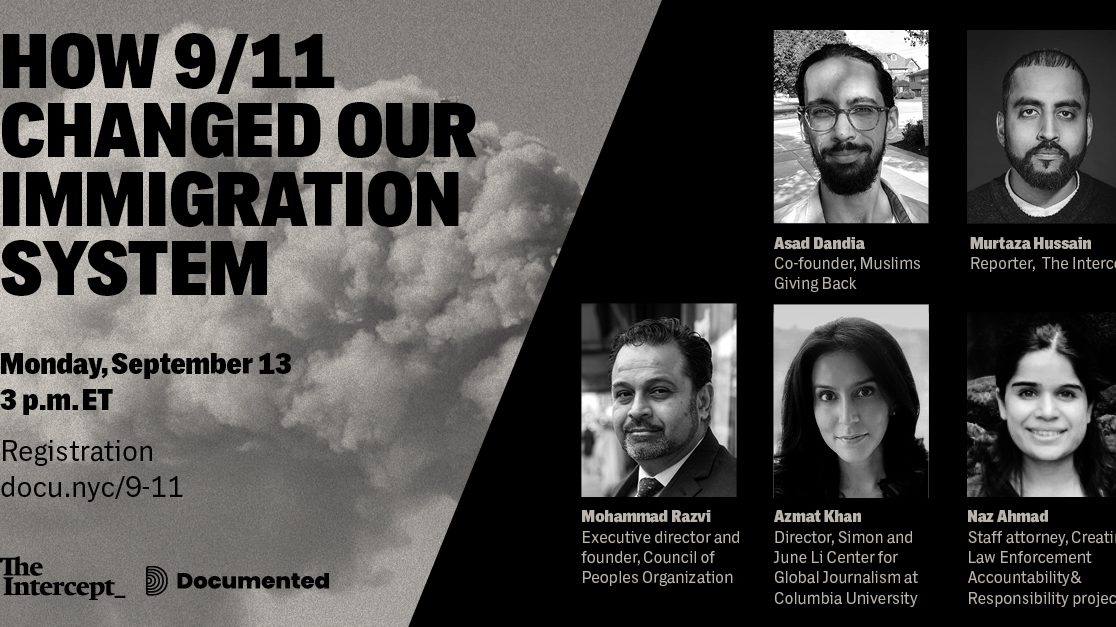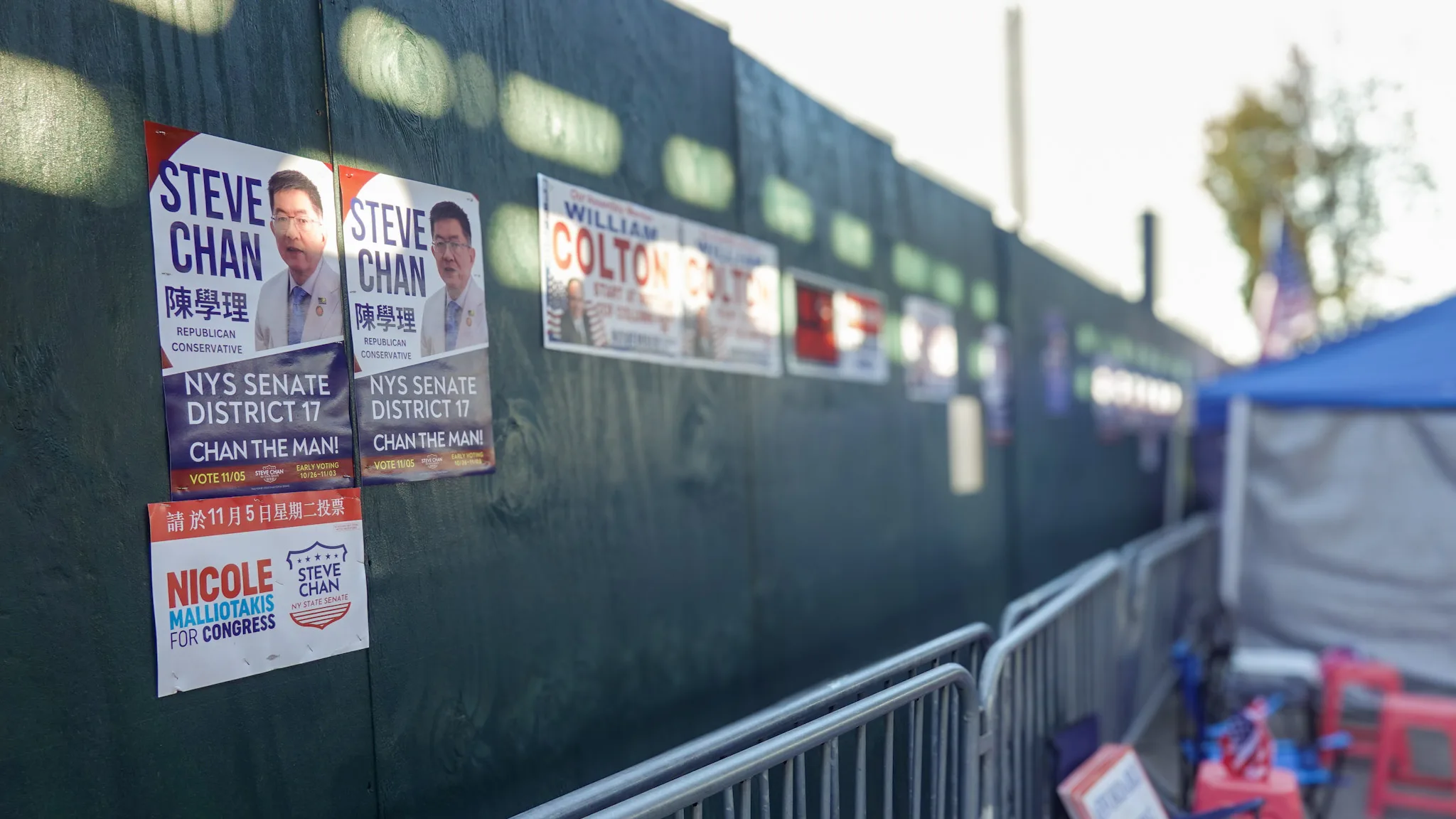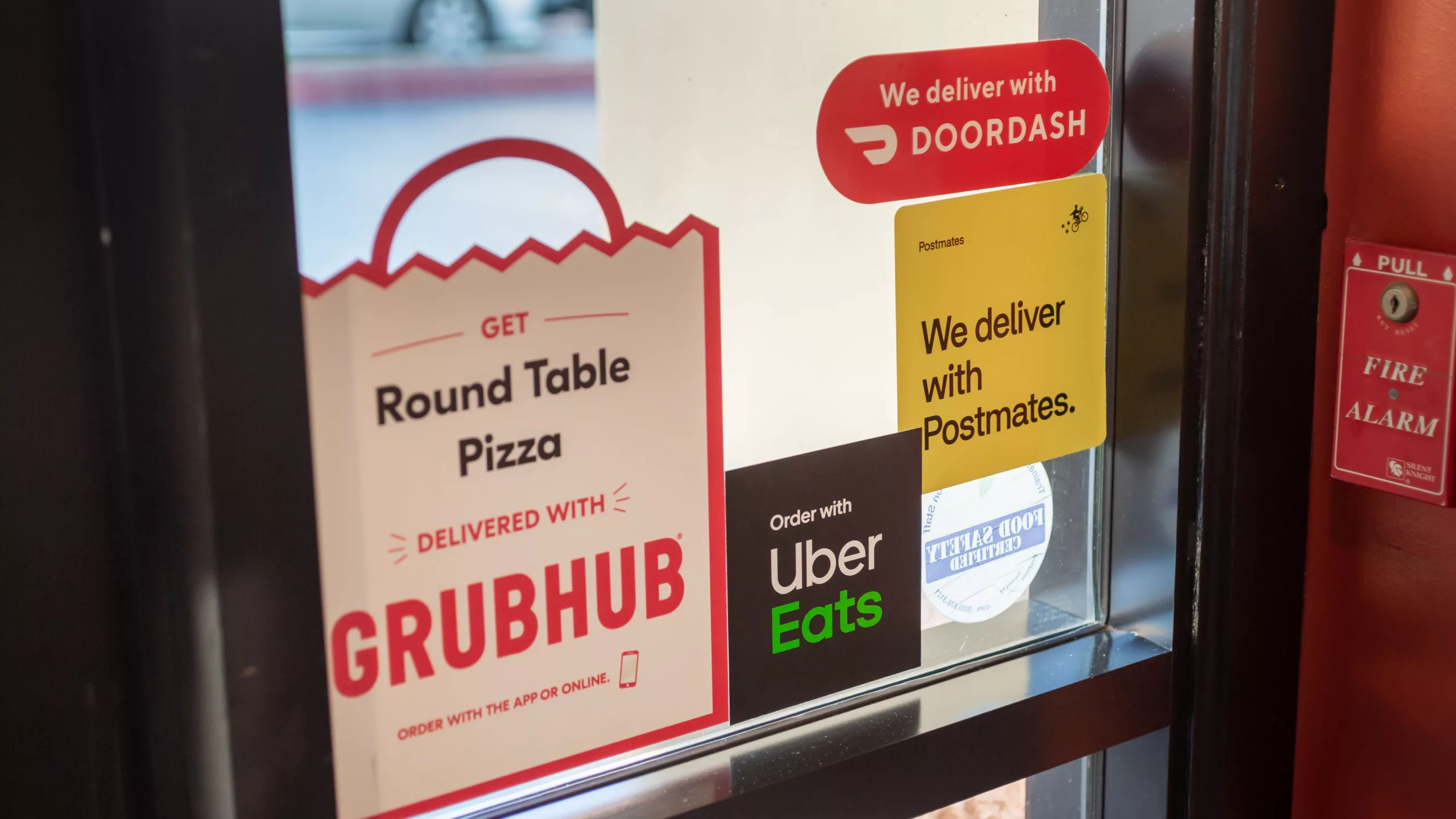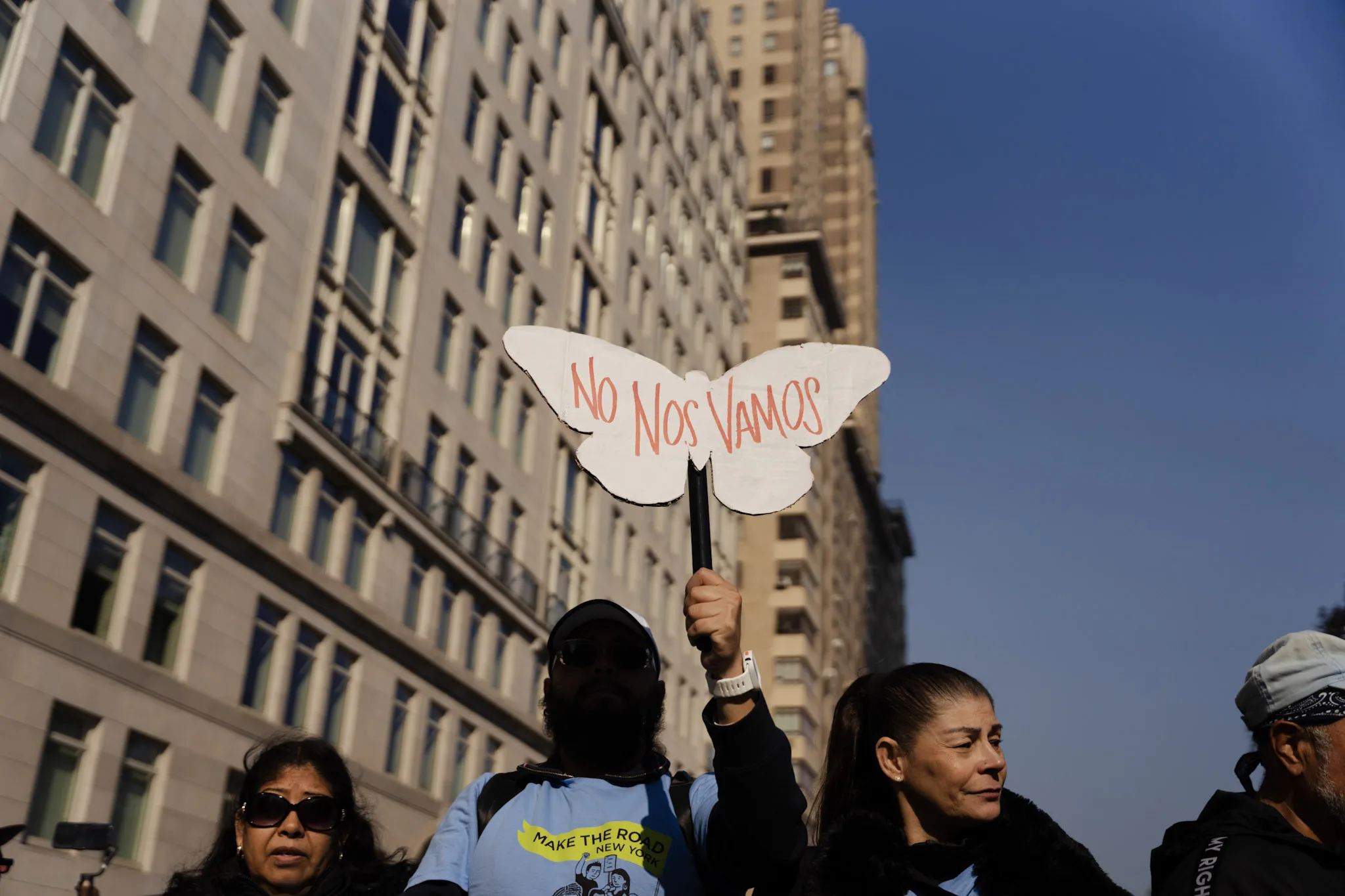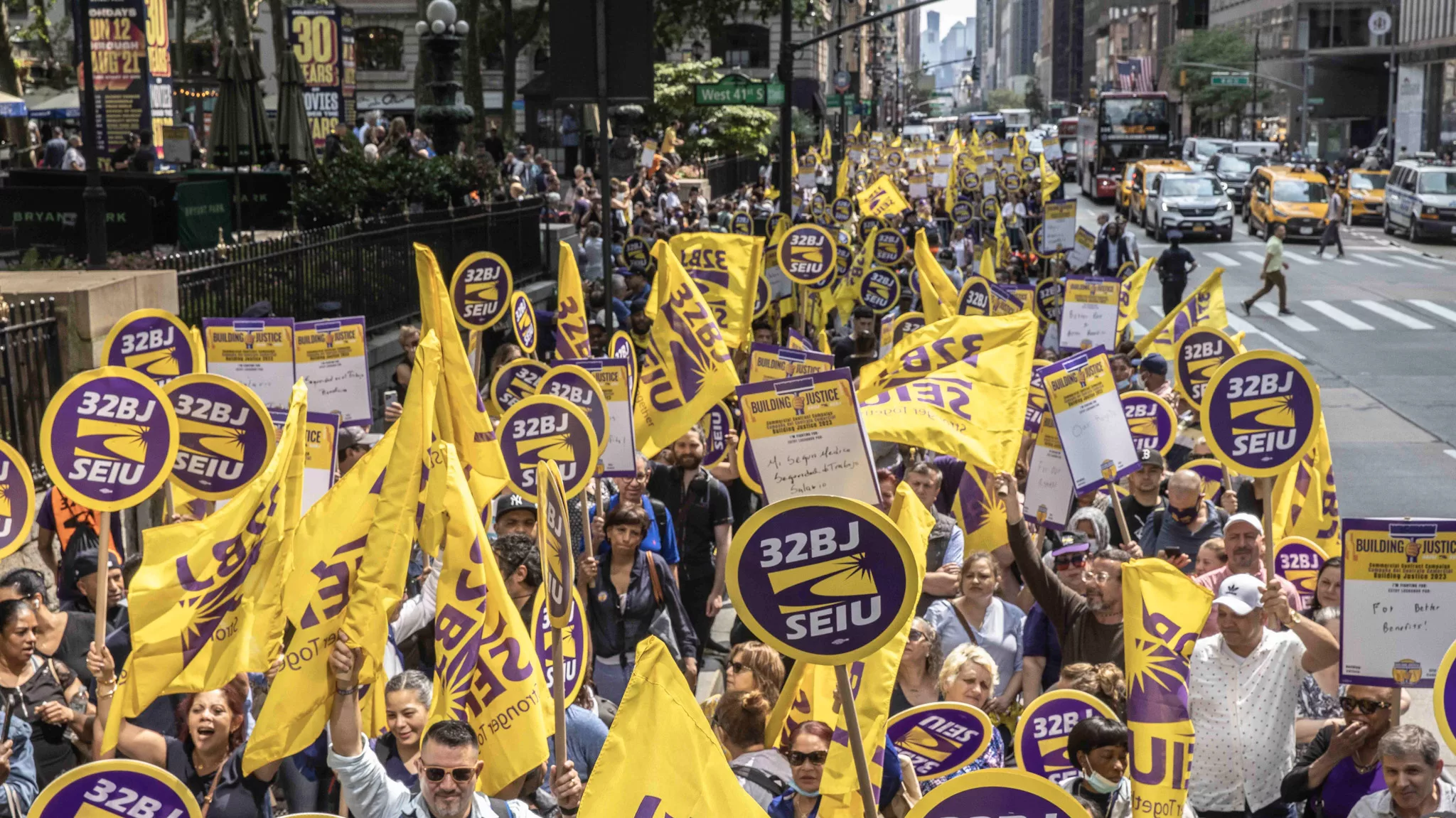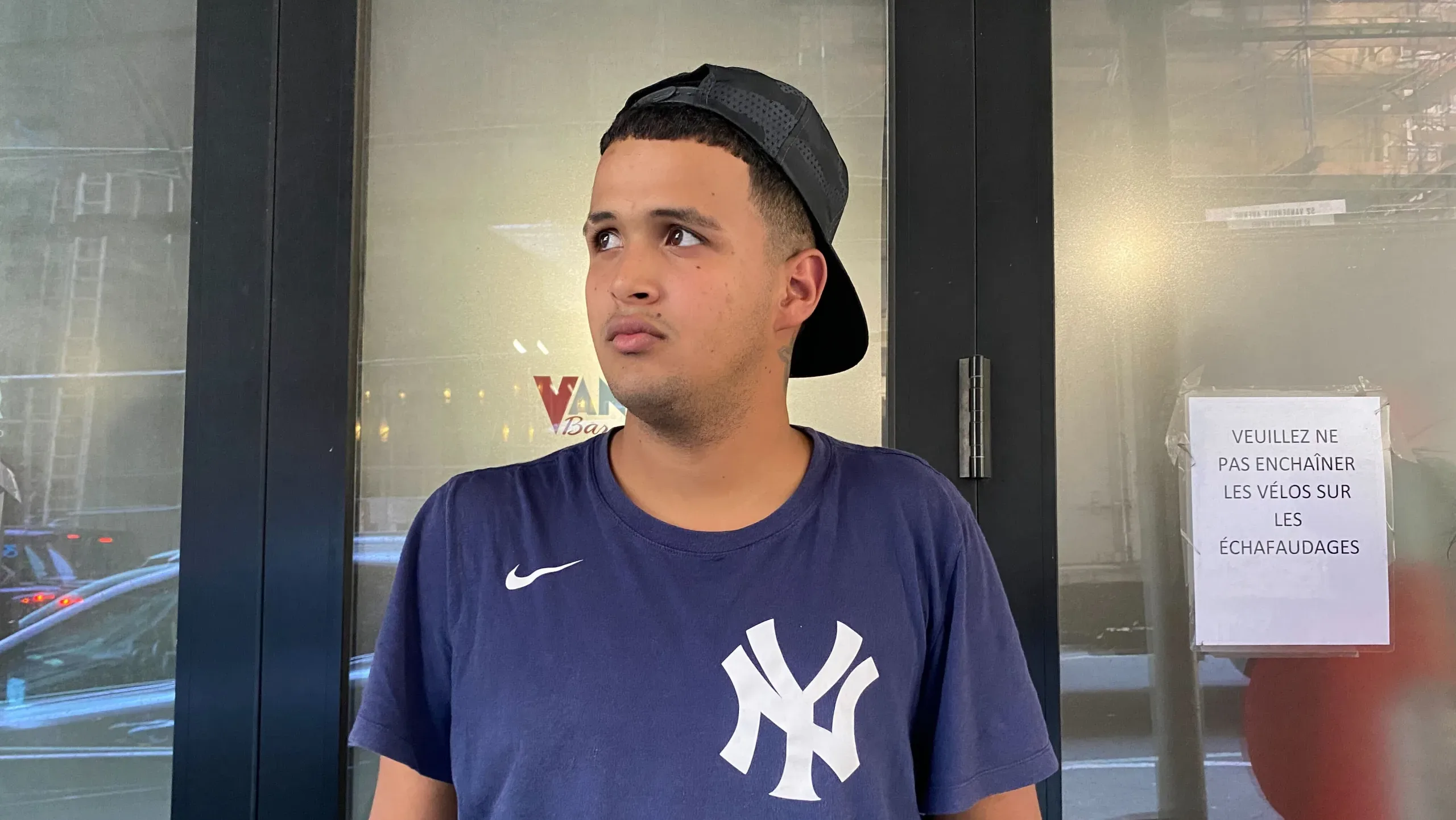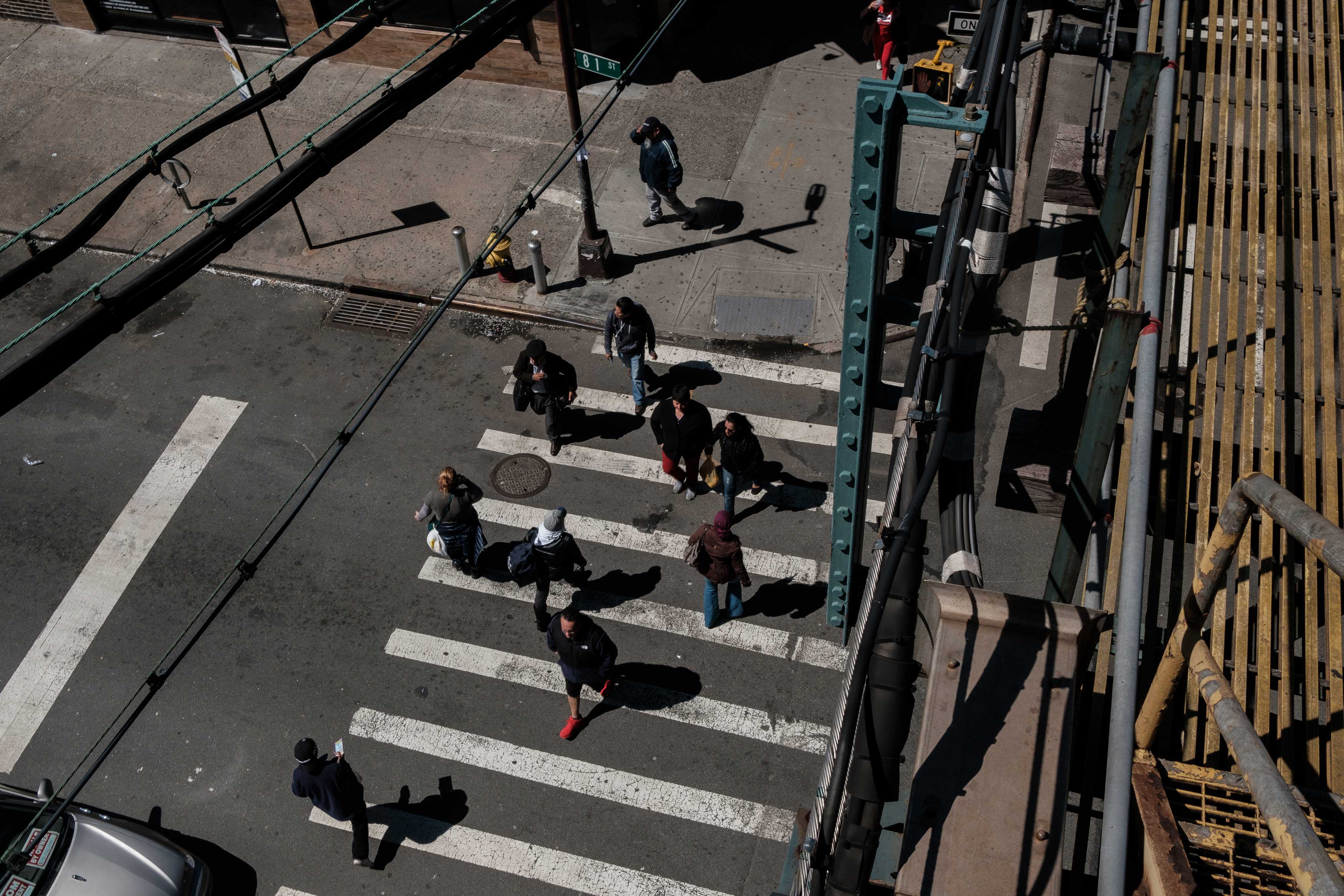Following the 9/11 terrorist attacks against the United States, Congress proposed a restructuring of the U.S.’s federal agencies to address issues of national security. As a result, the Department of Homeland Security (DHS) was born, and Immigration and Customs Enforcement (ICE) was created to oversee and enforce immigration laws, previously under the jurisdiction of the now dismantled Immigration and Naturalization Service (INS).
The creation of ICE led to an increase in raids and a crackdown on Muslims living throughout New York City. Federal agents descended onto neighborhoods and rounded up hundreds of Muslim residents, who were then detained in prisons and jails in the region. In lawsuits, those New Yorkers often described facing torture techniques similar to those revealed later during controversies around Abu Ghraib prison and Guantanánamo Bay.
As part of our Documented Talks series, Documented and The Intercept examined the legacy of the 9/11 attacks in our event How 9/11 Changed Our Immigration System.
The event was hosted by Azmat Khan, an award-winning investigative journalist and the director of the newly established Simon and June Li Center for Global Journalism at Columbia University.
The panelists for this discussion included:
- Mohammad Razvi – Razvi started the Council of People’s Organization after the federal government began picking up young Muslim men in post-9/11 Brooklyn. He was intimately involved in the community and saw the effects of federal policing firsthand. Now, COPO provides legal education on immigration issues.
- Naz Ahmad – Ahmad is a staff attorney with the Creating Law Enforcement Accountability & Responsibility project. Ahmad represents individuals who are approached for questioning by local and federal law enforcement agencies, targeted for surveillance, placed on federal watchlists, or who have had immigration benefits withheld from them on national security grounds. He also represents Yemeni Americans who have had their passports wrongfully revoked by the State Department.
- Asad Dandia – Dandia is a former Muslim student organizer who was surveilled by the New York Police Department. He sued the department as part of Raza v. City of New York.
- Murtaza Hussain – Hussain is a reporter at The Intercept who focuses on national security and foreign policy.
This event was part of a series Documented created in response from our readers and is part of the Documented Community membership program. Recordings of the event are restricted to Documented members only. To gain access to this exclusive content, you can become a member here.
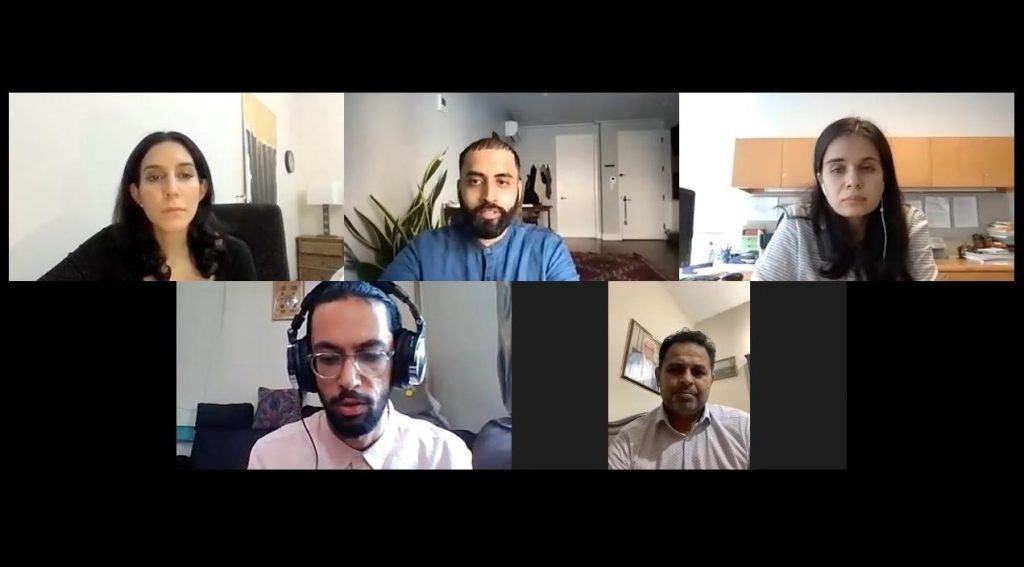
Post 9/11: Special Registration Program, CARRP and No Fly List
In addition to the creation of ICE and DHS, new programs were also introduced with the intent to profile individuals deemed as threats to “national security.” These programs affected largely individuals of Muslim descent.
Mohammed Razvi shared his personal experience comparing how his own community changed after 9/11. He recalled how Little Pakistani in Brooklyn was “wonderful,” thriving and passive. However, after, 9/11 Little Pakistan became the target of the FBI and other federal agencies. “It was so sad that all of a sudden we became the targets.” More than 500 members of the community were rounded up without any information given to the family members.
Razvi also mentioned that under the National Security Entry-Exit Registration System — which was designed to register foreign visitors from designated countries — 85,000 Muslims from 24 countries were registered and as a result, more than 15,000 individuals were put on deportation proceedings. “Which was not supposed to happen,” he added.
Naz Ahmad explained how the Control Application Review and Resolution Program (CARRP), was implemented by USCIS in 2008 with the intent of denying benefits to otherwise eligible applicants. “If USCIS determined that you are a ‘national security concern’ then your application doesn’t go on the same track as everyone else’s,” said Ahmad in regards to green card or citizenship applicants affected by the program. “How can you be labeled a national security concern?”
Also read: What Sanctuary Policies Mean for Undocumented Immigrants
“These are often markers or synonyms for people from Muslim majority countries”, Ahmad added. Individuals placed under the national security concern category are subjected to endless background checks, and undergo an eligibility assessment memo — which is written by an officer that reviewed the person’s entire immigration history and file to see if they can find any reason to deny them.
Murtaza Hussain spoke about the No Fly List database which was created post 9/11 to track and record the names of people “ who were deemed without due process, and rather than the chance to challenge it, as terrorists,” he said. Hussain mentioned that while information about the list has been obscure, a leak obtained by The Intercept revealed that about 1 million names were placed in it, “deemed, in some sense, suspected terrorists.”
People on the No Fly List are subjected to various degrees of security, surveillance and restrictions of their rights, for instance, being unable to travel.
陈学理胜选凸显华人社区“右转”
Asad Dandia narrated his story about how agents approached a long time friend — who did not have lawful status back then — who was promised by ICE legal documentation if he could become an informant and spy on Dandia, who was suing the NYPD. Due to fear of being associated with Danida, the friend decided to part ways.
“This is one thing that is often erased when we have these conversations. They are of very difficult and consequential personal impact, right? Behind these names are stories and lives. This is a person that grew up with me.”
Join our community to support, access and watch the full discussion.
Also read: A Man Detained in Batavia is Fighting to Be Deported. ICE Has Cancelled His Flight 13 Times.
